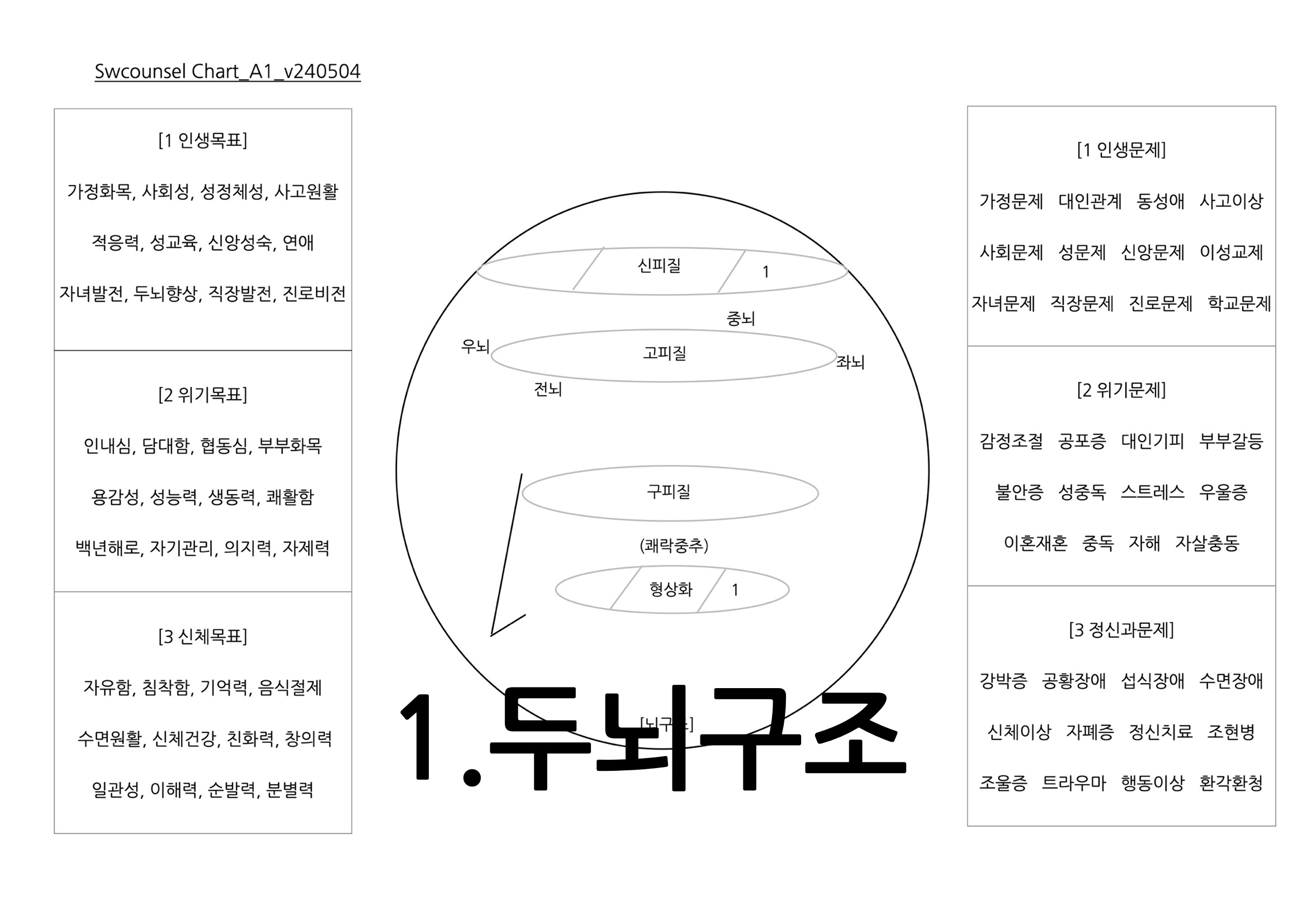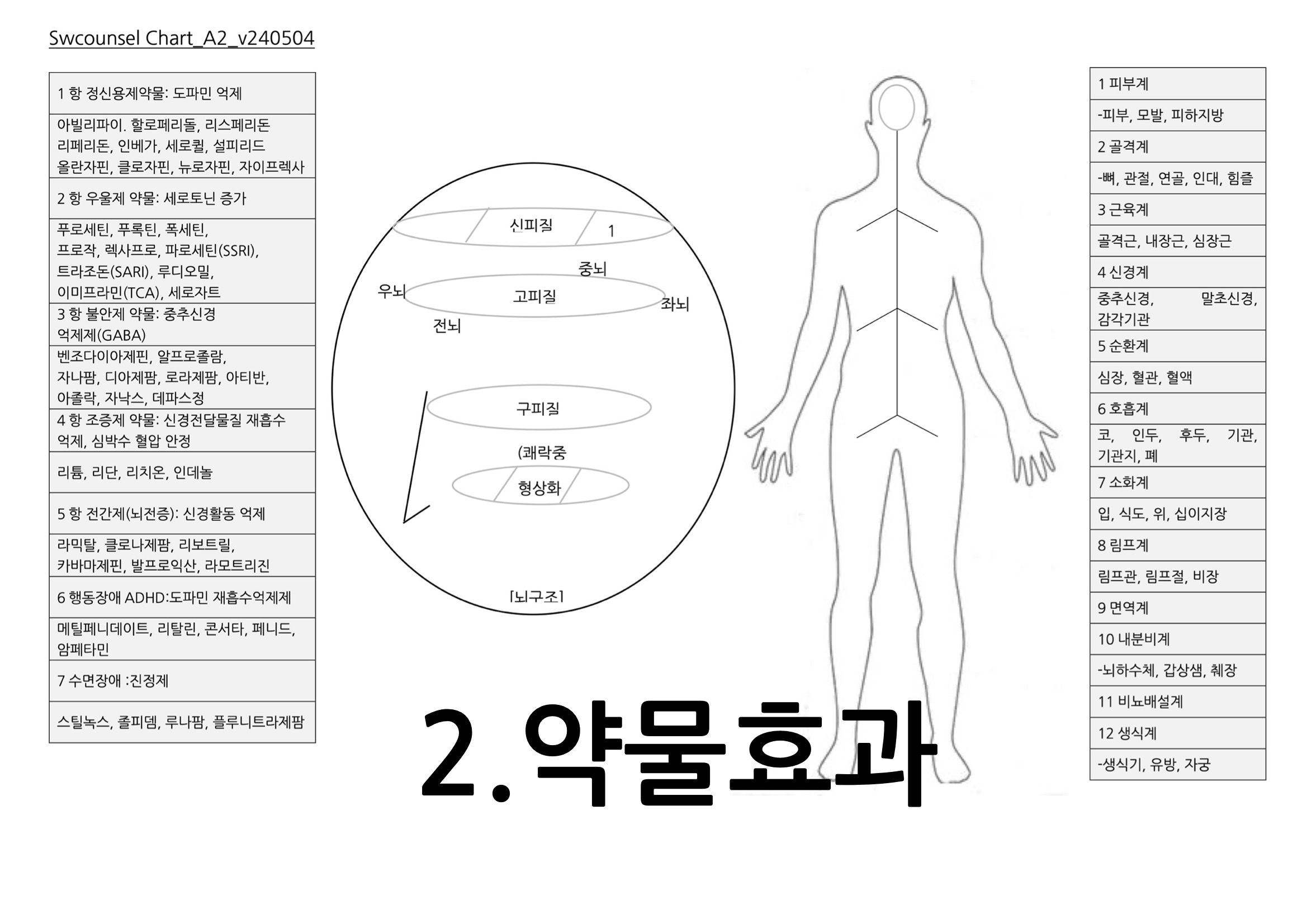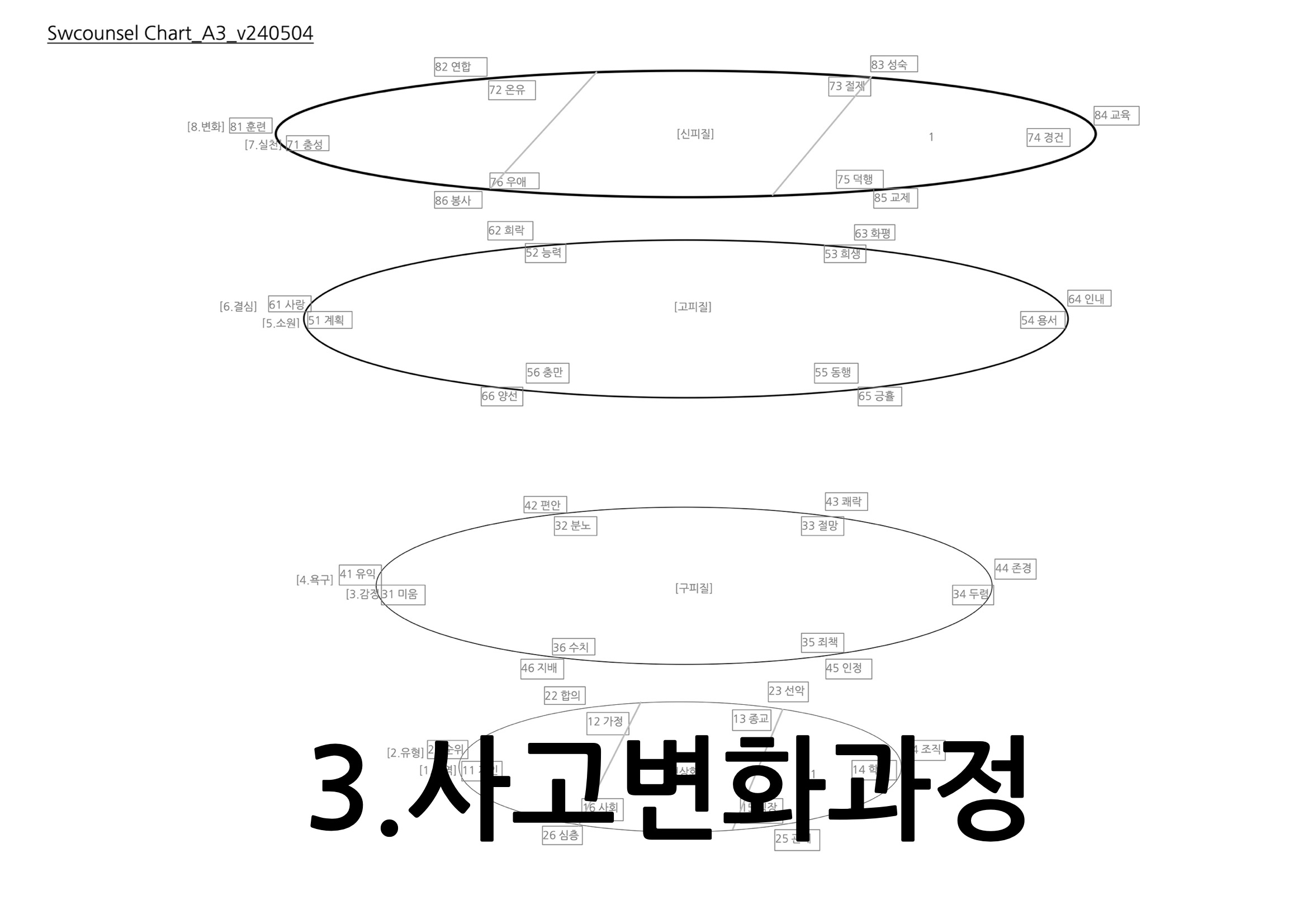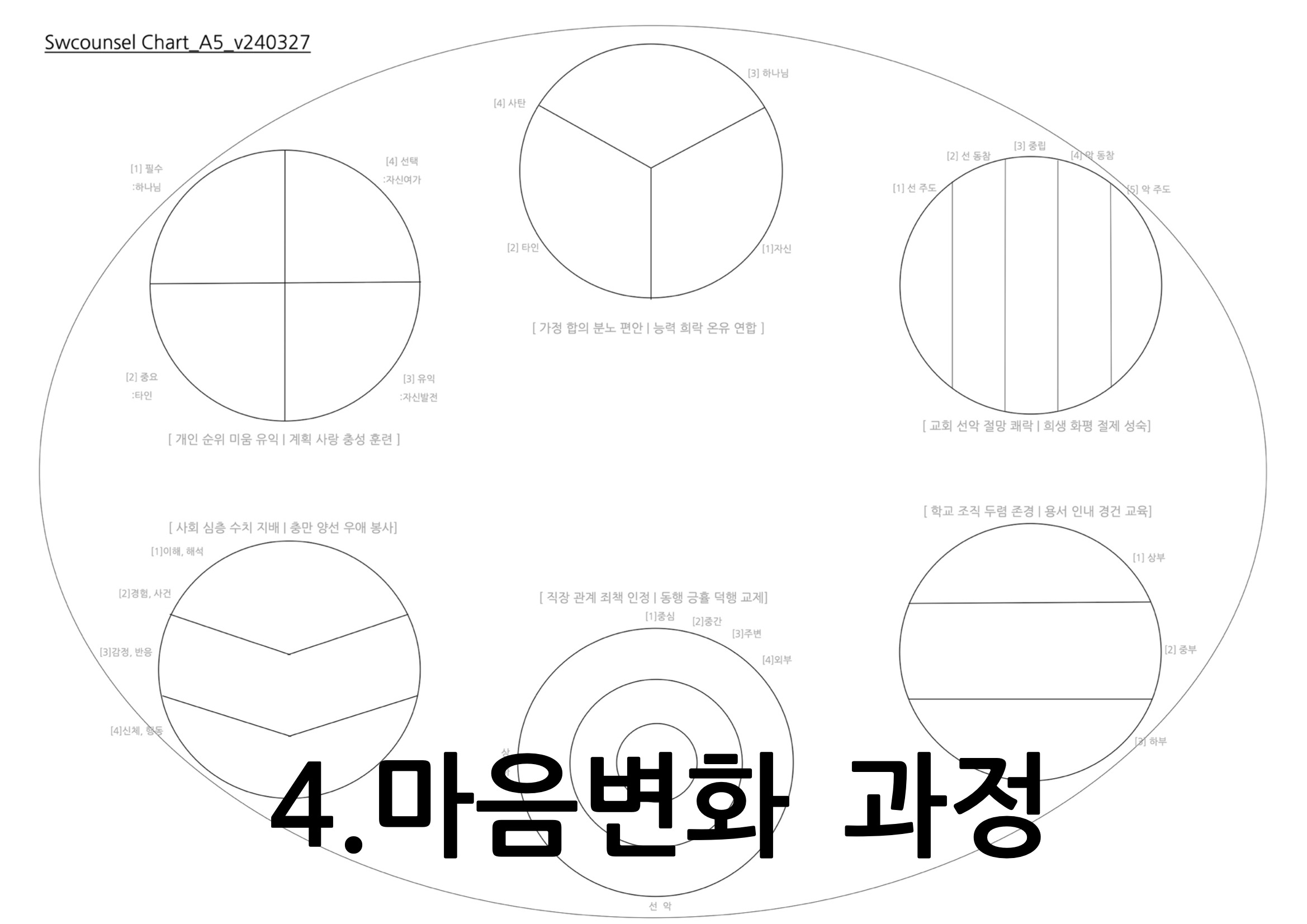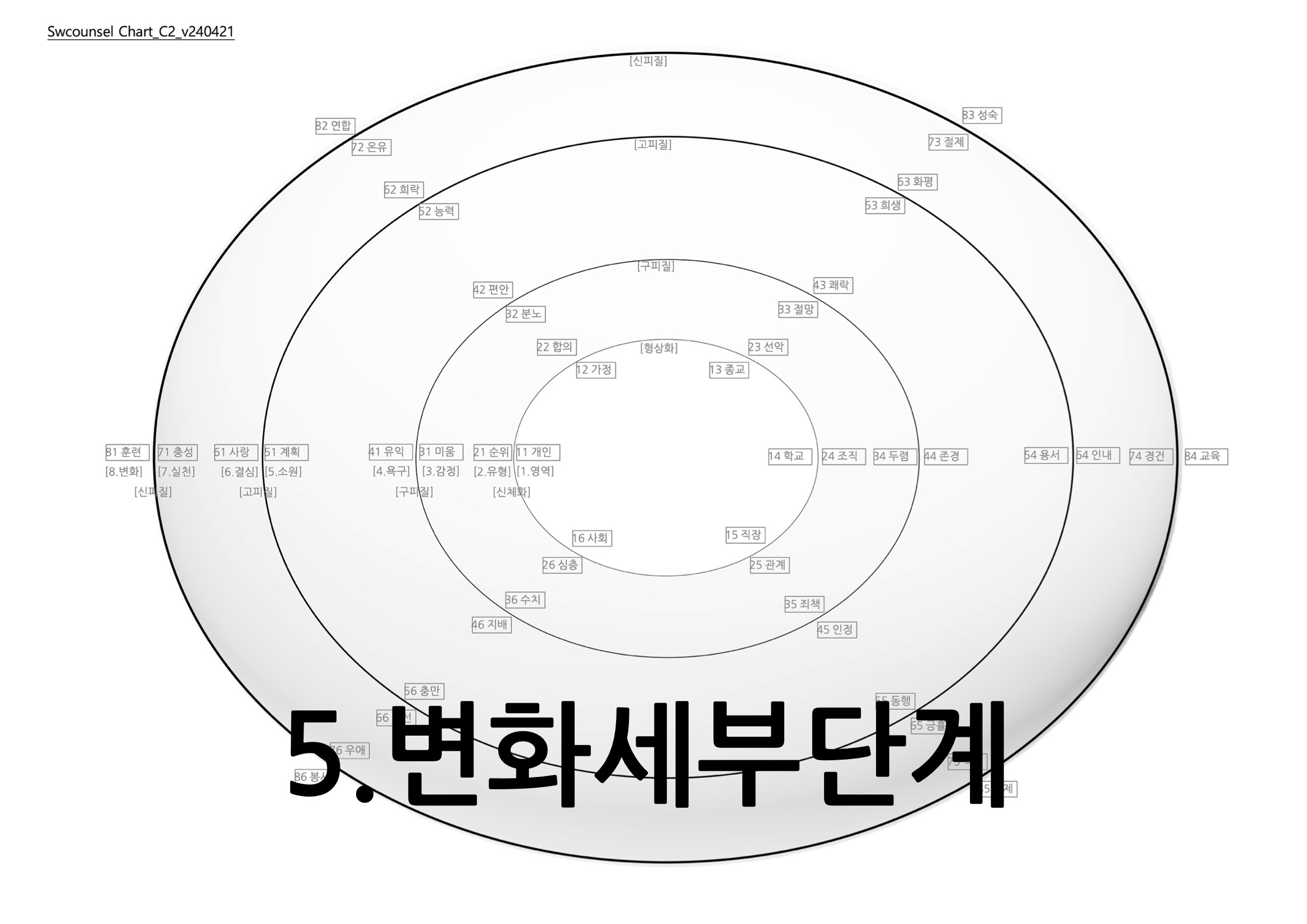WTS (미국 웨스트민스터 신학대학원) | CCEF (기독교 상담 교육 재단)
[CCEF] How Do I Deal With Seasonal Depression? Featured In This Podcast:
Hi, my name is Alasdair Groves. I am the host of the podcast Where Life & Scripture Meet, a podcast of CCEF, where we reflect on the endless ways that Scripture meets us in the hard challenges of real life. Given the season, we thought it would be a fitting time, at least in the northern hemisphere, to talk about how changing seasons can affect us and, particularly, the darkness of winter time. Call it seasonal depression. Call it seasonal affective disorder. Call it the winter blues. We want to think a little bit about this particular way that human beings get impacted by our surroundings and what we might do in response. First off, as the podcast team was talking about this, we were thinking about what is the challenge in real life that we see here? What are we seeing in our counseling? What are we seeing in our friendships? What are we seeing in ourselves? And our first conversation was really, we don’t want to get hung up on the terminology. Is it seasonal affective disorder? Is it seasonal depression? Is it winter blues? Is it something else? So I’m going to use the term “seasonal depression” as we talk, but the idea here is one in which the darkening of the world—that it gets dark early, it stays dark late, and everything just feels grayer, duller, darker, I find it harder to get out of bed in the morning, harder to have energy. And there could be a thousand points along that spectrum from mild, I’m not even really aware of it, but it’s probably impacting me, all the way to absolute depression is a fair word to use for what I’m experiencing. And I think one of the great things about talking about this particular issue of seasonal depression is it just reminds us, in a very direct way, of the complexity of what it means to be human. We are both body and soul. And when something, as I’ll use the word simple, I hope you know what I mean? When something as simple as the change of season affects us in such a baseline physiological way. And again, whether that has to more vitamin D or diurnal rhythms, or just you’re indoors more, or your body is shutting down earlier in the day, or you have less energy, or even just a cold saps you. And again, maybe it’s not all that cold where you are in the winter. I live in New Hampshire, so I think about the chilliness, and that does start to have an impact. But whatever combination of factors, there’s a way in which your body itself is being impacted by the world around you. And as your body is impacted, again, whether that’s more about energy, mood, motivation, you’re having some aspect of your physical experience change. And that’s having an impact on your soul, on how you see, and think, and what you want, and what you desire, and how you perceive. And there’s this incredible back and forth that God has built into who we are as human beings by giving us bodies and souls that are knitted together in this way, that cannot be separated in this life. So thinking about it, for me, I would just personally say, seasonal depression is not something I would say I struggle with enormously. Although I would say, as I get older, I do feel like the impact of it has grown larger. And actually living further north, I grew up about 400 miles south of here, and I think it has been more pronounced in a more northern setting where the earliness of that darkness is probably the place where I experience it the most. I would probably say, for me, it’s almost like I would describe it as like a claustrophobia of darkness. That looking out the window and seeing that it’s already dark late afternoon, long before I leave to go home. There’s something about that I feel just a little bit trapped. I feel a little bit antsy. I feel a little caught in that. It’s hard to put words on, but I’m sure that impacts even how I handle some of the stresses that are there in the middle of the summer. So what is the core issue here? What can we do? What do we think about this from a biblical perspective? Well, it’s not like there isn’t lots of good material out there with good, wise suggestions—very basic, more complex. I would say most of the stuff that I’ve seen on seasonal depression, it tends to be really winsome, simple articulations of things that you already knew were good. Talking about learning to get outside, to enjoy being outside, making sure not to isolate from other people, pressing into relationships, reading your Bible and letting that speak to you with the comforts from the Lord, being careful about things like healthy diet and exercise, and so on and so forth. And the problem, as we talked about this as a team, and as I was asking, “What were you guys finding as you talk about these things?” I loved what one of my colleagues said. She just said it’s not a lack of knowledge of what would be helpful. It’s the fact that the very problem itself is that one is less motivated, feels less able, feels less willing to do the very things that you know are helpful. There’s lots of self-help out there, if you will, and the problem is that we are not good at helping ourselves, especially when any energy drain, motivation drain is there pulling on us on a physical level. The things you know you could or should be doing don’t seem to be helping, and partly because you don’t, partly because you feel like you can’t, and partly because even when you do, they don’t feel all that helpful in making it go away. So what do we do with that? What is the solution? And I want to be careful in even using a word like solution as if, if you just do the right things, you won’t be affected by seasonal depression, or you can relieve it by 73% if you just do X, Y, and Z. I have no simple, easy answer, but I do have a couple of orienting thoughts that I’d love to share. Thought number one. There is no passage in Scripture, at least not directly so, about seasonal depression. But the Bible is full, absolutely exploding, with help for people who don’t do the things they know are right, and good, and helpful. The Bible is all about help for those who are not helping themselves as they should. I mean, there are so many places we could go in terms of the Lord, in Exodus coming to his people who are enslaved and bringing good news that there’s going to be deliverance, and I’ve seen and heard you, and the people can’t make heads or tails of it. It doesn’t even seem to help them at all. Their oppression is so severe. So we have a God who knows that even words of hope will not always move in and make lots of change for us. We have a God who forgives our sins, and failures, and our repeated sins. He’s the 70-times-seven forgiving God in the face of us doing things that harm us, that pull us off the path of life. He’s the one who says he will give strength and provide us a way out when we are tempted. That he will give strength to do the things he calls us to do. He’ll be with you. I think the place I would love to focus and probably land would simply be the language of Psalm 121. That God is our keeper. That he is the one who holds us. And there’s actually something about lifting our eyes up and even seeing something in Psalm 121, the images of the mountains, where, of course, you see the grandeur and the majesty of what God has created. And the reminder is that, while the nations around them are going up and sacrificing on top of those mountains to false idols that do not bring any help, the psalmist is reminded: this is a real picture of help. This is the God who made me. This is the God who holds me kindly and tenderly in his hand. He’s the one who made the mountains. There’s something about the majesty of any aspect of nature. This almost picks the mountains in this particular case that wonderfully reminds him who his keeper is. The one who does not sleep or slumber, who is constantly watchful, watching over, holding, guarding his steps, keeping his way. We are never outside of the tender care of God. It’s true when we sleep. It’s true when we struggle to get out of bed. It’s true when we fail to read the Bible. It’s true when we aren’t eating healthily. It’s true when everything just feels bleak. And we know we ought to do one more thing or keep moving, and we just don’t want to. Whether we do or not, we have a keeper who sees, guards, holds, draws us again and again to himself. And that has some implications for us. First off, it reminds us that if we have a keeper, then every little step is one that we can trust him to redeem, even if our steps are faltering. So if you will, while there may be things you aren’t doing, in fact, maybe things that you can’t do, or at least not in the way you would have done them in a different season when there is less of a drag on you from the gloom and the drear of the season. But there are things you are doing and can do. And there is something wonderful about pressing into an awareness that it does matter. The simple things that you often take for granted, they really do matter. We’re a bunch of counselors at CCEF. When people simply show up for counseling, there is a gain, and a win, and a blessing. That is part of the Lord keeping you, is simply putting yourself in front of someone else who is there to help you to grow, to process, to change, to grieve, to worship. Simply showing up to church and being among the people of God, and hearing words, and singing words, and being amongst people who are praying. Simply showing up to work, simply showing up to family dinner, simply doing some of the basic things. Another of our colleagues once said that his hero was someone he counseled who was deeply depressed, and who got out of bed in the morning, purely because he knew that Christ was calling him out of bed in the morning. He said, I only get out in the of bed in the morning because of Jesus. And our colleague said that is not bare minimum faith. That is absolutely the pinnacle, the crown—when we do things, because we are conscious that God calls us to do them, even if it’s simply getting out of bed in the morning. And that is an enormous victory of faith. When it comes to all the good things you know you should be doing, exercise, and diets, and people, and so on and so forth… perhaps, for you, a step of faith, a voicing of confidence in Christ to keep you, would be to simply pick one of them, and to tell at least one other person, maybe just by text: “I want to grow in this in the next week. Will you pray for me? And will follow-up and check in on me, at some point, in the next week?” Just some little way of saying, “I don’t even know quite how to grow in this. I don’t even necessarily have a plan, but I want to grow here. Will you pray?” And it’s a scary thing to pray. It’s a scary thing to ask someone else to pray or to check in. You’re set up to fail all the more, all the more publicly. Oh no, now the pressure’s on. But in fact, the exact opposite is true. To reach out, to say I need something outside myself, to acknowledge inaction, our insufficiency as individuals, that we were made for community, for help, to be needy, to have the encouragement and spurring on toward love and good deeds from one another. That is a deeply human godly act of faith. I think about, in particular, reading Scripture. Reading your Bible is always, always a good idea. It’s always a good thing to do. And so often I hear people who speak about not reading the Bible, or struggling to read the Bible, or reading it not as often as they feel like they should. The language is a language of guilt. I failed here. I didn’t do the Bible reading I was supposed to. I didn’t read it today. And the way they come away is basically: I feel guilty and bad that I didn’t do it. I need to make up for this. I need to get back on track. Now, of course, in one sense, there’s nothing wrong with having a discipline and holding oneself to things and recognizing, yes, this would be good to do. But when I think about, I was so busy on a given day, or had so much going on, or I was so stressed that I ended up not being able to eat lunch on that day. About four o’clock that afternoon, I’m not feeling guilty. I’m feeling hungry. I’m feeling desperate for food, and that is what I aspire to feel when I don’t read Scripture on a given day. And that’s what I aspire for you to feel when you don’t read Scripture, or even on a day, whether it’s done a given hour, or you did read Scripture this morning, but you needed it again desperately this afternoon, and you didn’t go to it. Would you aspire to hunger and thirst for righteousness, to hunger and thirst to hear the word of God? And again, to the extent that you hear this and you go, “Yeah, I’m not hungry for the Bible.” There’s something, especially in the winter, I just don’t feel like it. And when I make myself do it, it doesn’t come alive. Again, let that be your cry of prayer. Oh Lord, would you help me become more hungry for your words? Would you speak that request to someone else and ask them to pray for you too? “Will you pray that I would just be hungrier for the Bible, and that it would come, even just a little bit more alive to me, when I do open its pages. That the Lord would do something, in me, move me in some way.” I’ll close with this thought from our beloved mentor, friend, former colleague, David Powlison. He said so much of the Christian life, so much of sanctification, being drawn into the image of Christ, so much of it is about facing the right direction. He said some seasons, you feel like you’re running across the plain, like a gazelle, leaping, and bounding, and growing in faith. And that’s lovely, and wonderful, exciting, but sometimes you feel like you aren’t moving at all. And you need to know, in those times, that simply facing the right direction is a profound win, even when you can’t take a step forward. And he always used to use the metaphor of the undertow in the ocean. If you are out to mid-chest in the ocean, and you turn back toward the shore, and suddenly you realize that there is a current, an undertow, sucking out towards the ocean, you dig your feet into the sand. It may be all you can do simply to keep yourself facing towards shore, simply not moving and not being swept away out into the sea. Sometimes, in some seasons of our life, simply to keep your face set toward life, towards the shore, towards what you need, toward the Lord—sometimes that is the profoundest of victories. And I think for many of us, the undertow of the dark waters of that winter season, of that sucking, dreary, energy-less pull away from what we know to be good. Sometimes simply keeping your face set toward the shore, toward the Lord, toward his ability to keep you, is exactly the win, the glory, the joy, the restoration, the keeping that we need. Let me pray. God, I just pray for each and every listener, as things are weighing on our hearts, and on our bodies. For many of us, there will even be, in this season, a way in which this season itself is affecting us. Would you help us to know that you are our keeper? Would you meet us in the exact personally tailored ways that you know we need? And would you make us just a little bit hungrier for your presence, your help, and your love? Amen.
| |||||||||||||||







